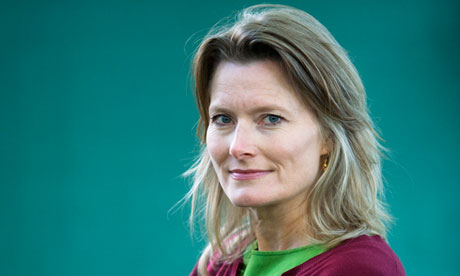
As Twitter gears up for its first fiction festival, a professor from Michigan State University has heralded tweeting as a "new literary practice", bringing back painful memories of Carol Ann Duffy's claim that "the poem is a form of texting".
In keeping with the site's democratic ethos, the five-day "virtual storytelling celebration" is open to everyone. Bookish tweeters have until 15 November to submit "new, creative, exciting ideas that will push the bounds of how we tell stories on Twitter".
Maybe this is enough to get your creative juices flowing, in which case, good luck. But I'm not convinced that Twitter and literature are natural bedfellows. So far, attempts to marry the two – from gimmicky stocking fillers such as Twitterature to chicklit such as The Twitter Diaries, to the inevitable Bloomsday tweetathon, to dustjackets begging us to "join the conversation", to the hashtag #amreading (no you're not, you're online) – have been uniformly annoying.
I tried to follow Jennifer Egan's short story "Black Box", which she live-tweeted via the New Yorker. It was a nice idea, but wholly impractical, especially for someone on British Summer Time. Even Shakespeare would lose its impact read backwards, in 140-character soundbites, between breaking news and apercus from @PiersMorgan.
Before this descends into a Howard Jacobson-style rant, let me stress that I like Twitter and applaud any effort to raise it on to a higher intellectual plane. But anyone who's used it properly knows that it works best as a conversation. Bar the odd tipsy game of consequences, storytelling is not improved by collaboration. Still, I'm prepared to be open-minded and will be following the jamboree when it kicks off on 28 November, under the hashtag #twitterfiction.

